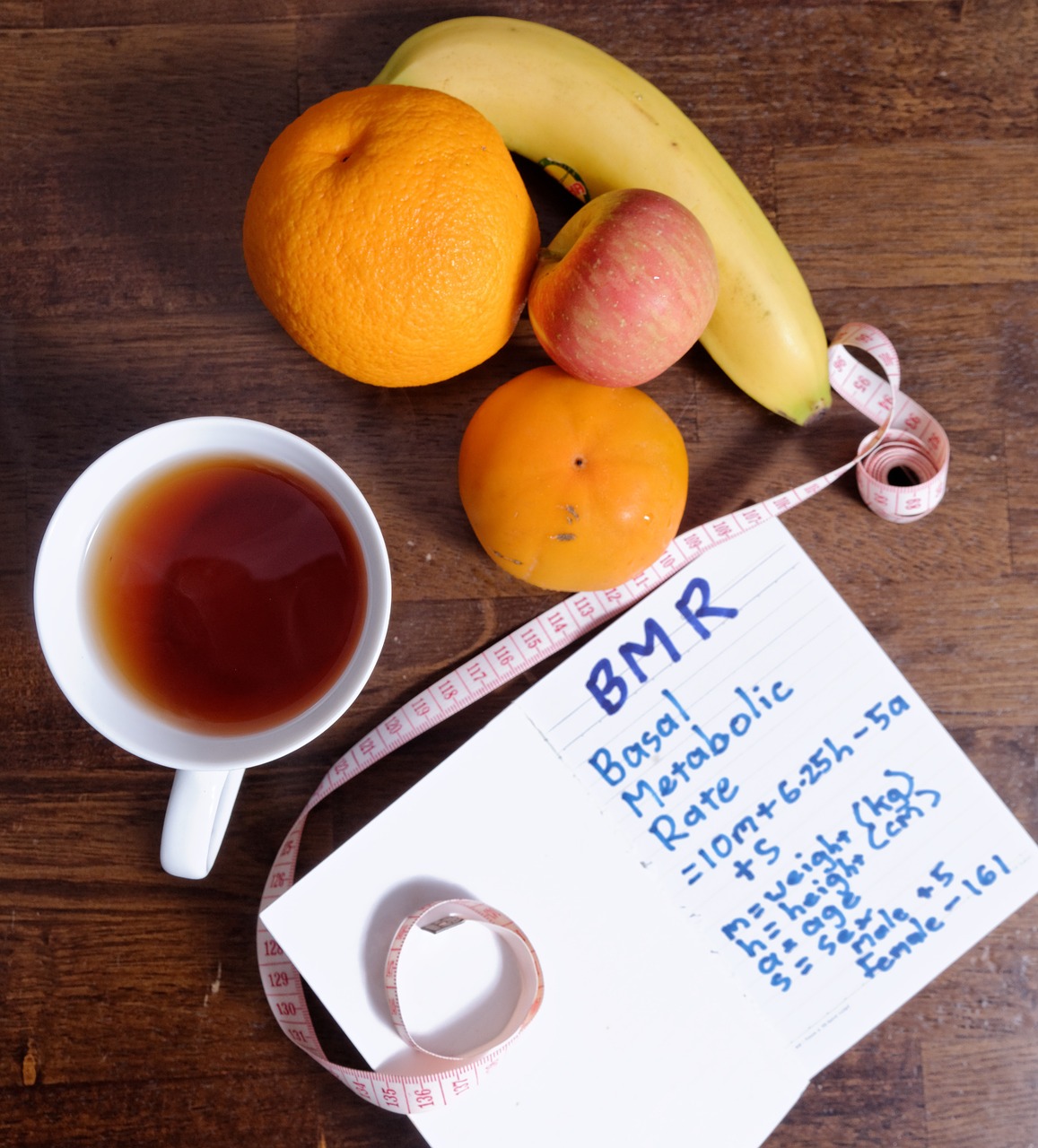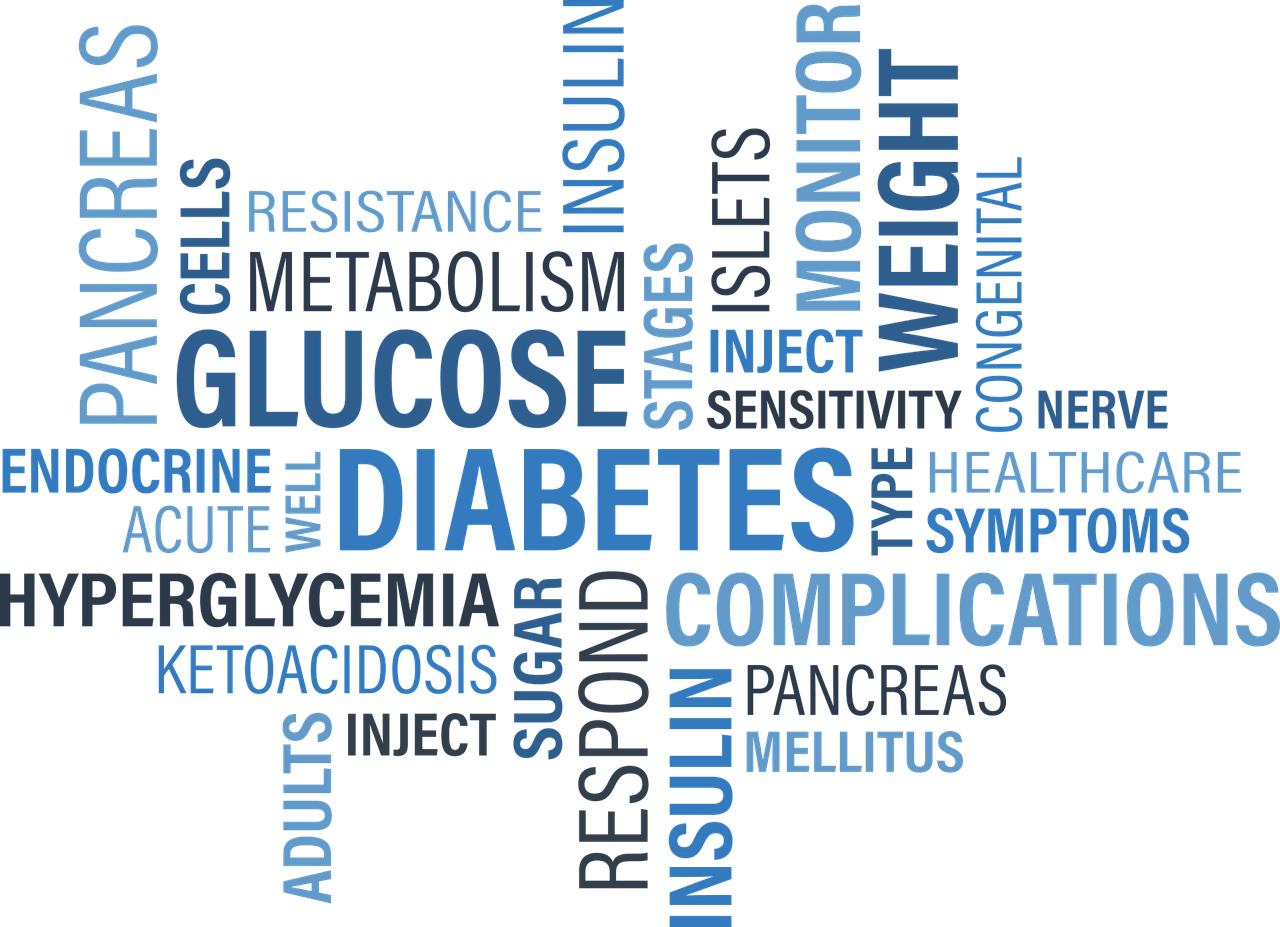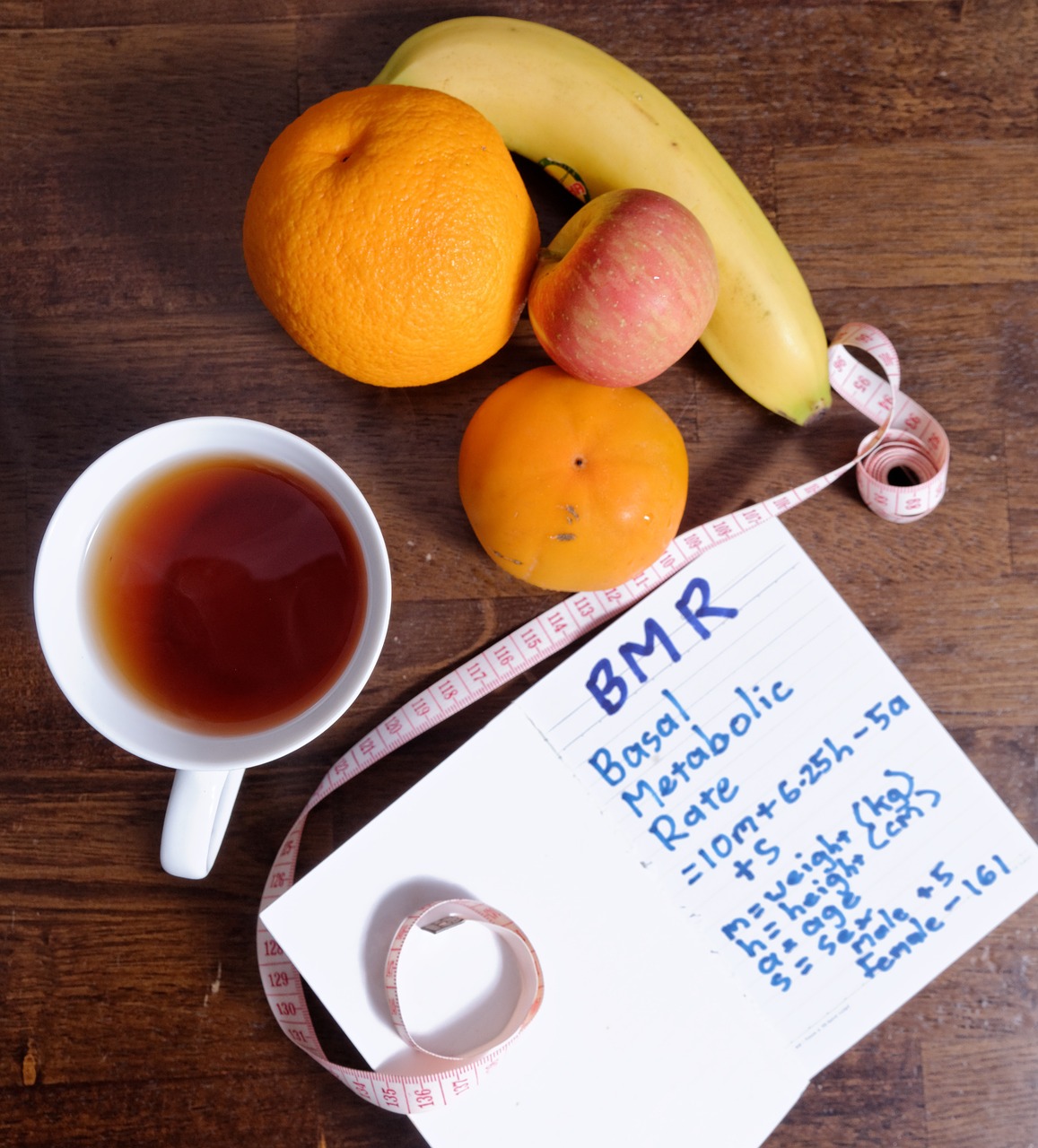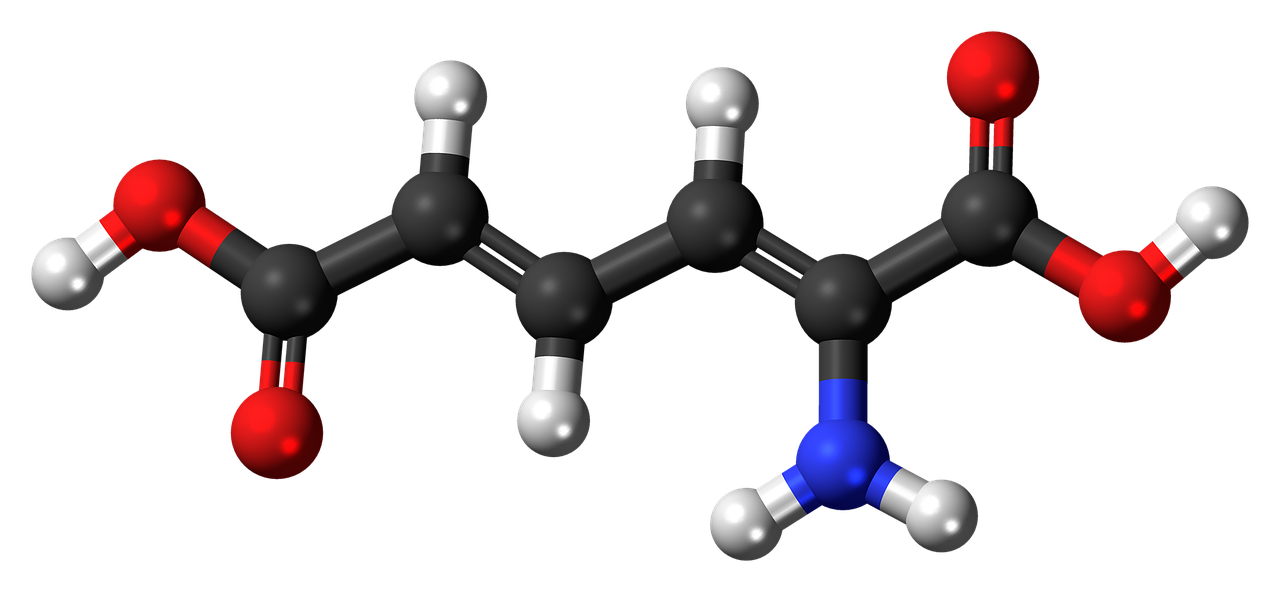
Metabolism and Metabolic Rate Do you know what your metabolic process is? Lots of people believe it's simply to do with weight gain or weight-loss, but it is much more intricate than that. The dictionary meaning is, " Your metabolic process is the manner in which chemical processes in your body cause food to be used in an efficient way, for instance to make brand-new cells and to give you energy." - Collins Dictionary What lots of people don't realize is that the body burns calories even when it is resting. The body doesn't just burn calories when performing extensive physical training. Our body needs calories to produce energy for numerous body procedures. Your body constantly requires energy just to survive. The issue is, many people take in more calories than their body needs for fuel or energy, which raises a great question. How do you know how much energy your body needs every day for excellent health? This is essential for weight management, as ingested calories which are excess to energy requirements will highly likely be saved as body fat.

Basal Metabolic Rate (BMR). BMR or Basal Metabolic Rate describes the quantity of energy needed by the body while it is at a resting state. When the body is at rest, it is still burning energy, as it performs the vital procedures to keep us alive, such as breathing, the heart keeping pounding, brain function, and more. For many people, the Basal Metabolic Rate, or the calories that the body needs for automated performance, is what consists of the largest quantity - more than 60% - of total energy that the body burns each and every single day. Determining BMR. The BMR is determined throughout the post-absorptive state, which suggests the digestion system is at rest. Therefore, if you wish to determine your BMR, your body needs to go through at least 12 hours of fasting prior to screening. Most experts utilize a formula called the Mifflin-St. Jeor formula to identify an individual's BMR.

Nevertheless, others choose to utilize the Harris-Benedict formula, although the first is considered more precise than the latter. It is for this factor that the Mifflin-St. Jeor is now deemed to be the basic BMR calculator. Formula for Calculating BMR. If you're interested in computing your BMR, here are the 2 different types of solutions for making the calculations. For Men. The Mifflin St. Jeor Equation. BMR = 10 x weight (kg) + 6.25 x height (cm) - 5 x age (years) + 5. The Harris Benedict Equation. BMR = (13.75 x Weight in kg) + (5 x Height in cm) - (6.76 x Age) + 66. For Women. The Mifflin St. Jeor Equation. BMR = 10 x weight (kg) + 6.25 x height (cm) - 5 x age (years) - 161. The Harris Benedict Equation. BMR = (9.56 x Weight in kg) + (1.85 x Height in cm) - (4.68

x Age) + 655. Elements to Consider in Calculating Your BMR. Age. A person's metabolic rate might tend to reduce with age. It is since as we age our muscle mass decreases, as much as 5-10% every ten years starting at age 30. Nevertheless, this decrease in muscle mass can be prevented or at least lowered through strength training. Gender. Gender is another essential element, as men and women vary in ratios of muscle, fat and bone mass. Research studies expose that a man's BMR is greater than a lady's, as much as 12%. Research likewise shows that the BMR of a female modifications before and after her menstrual cycle. Weight and Height. The heavier you are, the more energy your body needs in order to sustain itself at a maintenance level. If you lose weight, your Basal Metabolic Rate will decrease as your body requirements will end up being less.

Body Temperature. An increase in body temperature causes an increase in Basal Metabolic Rate. This means that if a patient has a fever, their BMR is likewise higher. Tension. Tension triggers the body to produce higher amounts of norepinephrine and epinephrine hormones which leads to a quicker heart rate and increased breathing rate. In turn, the body experiences an increased metabolic rate to make up for modifications in bodily functions. Caffeine Intake. Studies have likewise revealed that consuming 5 to 100 milligrams of coffee on a daily basis might cause a boost in basal metabolic rate, approximately 7%. The very same thing is likewise real for those who smoke. Every person has a substantial potential control over their energy or calorie use. While you might not be able to manage the number of calories your body needs to keep your blood distributing or your heart beating, you can definitely burn excess calories just by exercising and consuming healthy foods.
Making little modifications to your daily activities can affect your body's metabolic rate, which will help utilize more energy even while resting. .
 Add Row
Add Row  Add
Add 




Write A Comment